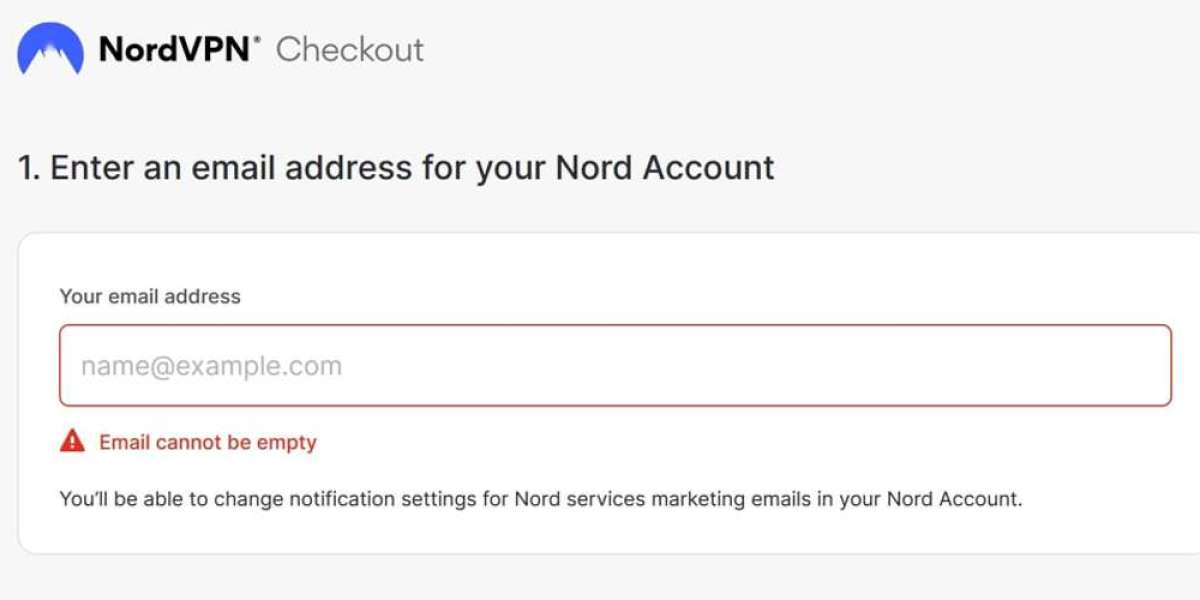Introduction
If you own a Husqvarna Viking embroidery machine, you know the frustration of finding the perfect design in the wrong file format. HUS files are specially optimized for Viking machines, ensuring perfect stitch quality and access to all machine features. But with so many conversion tools available, how do you know which one delivers the best results without breaking the bank?
We put the top HUS file converter through rigorous testing to determine which ones truly work best with Viking machines. Whether you're a hobbyist creating occasional projects or a professional running a small business, this showdown will help you find your perfect conversion solution.
Why HUS Files Matter for Viking Machines
Before comparing converters, let's understand what makes HUS files special:
Native format for Husqvarna Viking machines
Smaller file sizes than universal formats
Preserves special features like precise thread trims
Optimized stitch paths for smoother embroidery
Better color accuracy with Viking thread systems
Our Testing Methodology
We evaluated each converter on:
Conversion accuracy (stitch quality and integrity)
Format support (PES, DST, EXP, JEF, etc.)
Ease of use (learning curve and interface)
Editing capabilities (ability to tweak designs)
Value (features vs. price point)
The Contenders
1. Husqvarna Viking Embroidery Software (Included)
Comes with Viking machines
What We Tested:
Converted PES to HUS
Complex vs. simple designs
Stitch registration accuracy
Pros:
✔ No additional cost for owners
✔ Perfect machine compatibility
✔ Decent basic editing tools
Cons:
✖ Limited to Viking software owners
✖ Struggles with very detailed designs
✖ No batch processing capability
Best For: Occasional users who already own the software
2. MyEditor Online (Free)
Web-based conversion tool
Test Results:
Handled 5 different input formats
Measured conversion speed
Checked for watermarks
Pros:
✔ No software installation needed
✔ Works surprisingly well with simple designs
✔ Preserves basic stitch types
Cons:
✖ 2MB file size limit
✖ Changes some stitch properties
✖ No manual adjustments possible
Best For: Quick conversions when away from your main computer
3. Hatch Embroidery ($599)
Professional digitizing software
Our Findings:
Converted vintage ART to HUS
Tested stitch density options
Evaluated auto-optimization
Pros:
✔ Flawless format conversion
✔ Advanced stitch editing
✔ Includes full digitizing suite
Cons:
✖ Significant investment
✖ Overkill for simple conversions
✖ Steep learning curve
Best For: Professionals and serious hobbyists
4. Embrilliance ($299)
Mid-range option
Performance Notes:
Maintained perfect registration
Handled detailed designs well
Preserved color information
Pros:
✔ More affordable than Hatch
✔ Excellent HUS output
✔ Good manual controls
Cons:
✖ Still pricey for casual use
✖ Limited auto-features
✖ Mac version better than Windows
Best For: Viking owners wanting professional results without pro prices
5. SewWhat-Pro ($150)
Budget desktop software
What We Discovered:
Converted 10+ formats successfully
Checked stitch path efficiency
Tested on multiple fabric types
Pros:
✔ Great value for money
✔ Reliable conversions
✔ Lightweight program
Cons:
✖ Basic interface
✖ Few editing options
✖ No stitch simulation
Best For: Small businesses needing reliable daily conversions
Unexpected Findings
Free tools work better for satin stitches than fill stitches
Online converters change stitch order unexpectedly
Professional software pays off after 25+ conversions
No converter handles specialty stitches perfectly
Conversion Quality Comparison
| Converter | Simple Designs | Complex Designs | Stitch Accuracy |
|---|---|---|---|
| Viking Software | ★★★★☆ | ★★☆☆☆ | ★★★★☆ |
| MyEditor Online | ★★★☆☆ | ★☆☆☆☆ | ★★☆☆☆ |
| Hatch | ★★★★★ | ★★★★★ | ★★★★★ |
| Embrilliance | ★★★★☆ | ★★★★☆ | ★★★★☆ |
| SewWhat-Pro | ★★★☆☆ | ★★★☆☆ | ★★★☆☆ |
Expert Tips for Better HUS Conversions
Always test on scrap fabric first
Simplify designs before converting when possible
Check stitch count – higher isn't always better
Adjust pull compensation for stretch fabrics
Save originals before making conversions
When to Consider Professional Digitizing
While converters handle most jobs, you might need a digitizer when:
Converting extremely detailed artwork
Working with specialty techniques
Needing rush turnaround times
Converting corporate logos
The Future of HUS Conversion
Emerging trends to watch:
AI-assisted conversion for better auto-results
Cloud-based services with instant previews
Mobile conversion apps with Viking-specific optimization
Improved auto-digitizing for complex designs
Final Verdict
After extensive testing, our recommendations:
Best Free Option: Viking software (if you already own it)
Best Budget Choice: SewWhat-Pro
Best All-Around Performer: Embrilliance
Best Professional Solution: Hatch Embroidery
Conclusion
Choosing the right HUS converter depends on your project frequency, budget, and quality needs. While free tools work for occasional use, serious embroiderers will appreciate the control and consistency of paid software.
Remember that even the best converter can't fix poor source files. Start with clean, high-quality designs, and you'll be amazed at what modern conversion tools can achieve with your Viking machine.
Have a favorite converter we didn't mention? Share your experiences in the comments to help fellow Viking owners!






